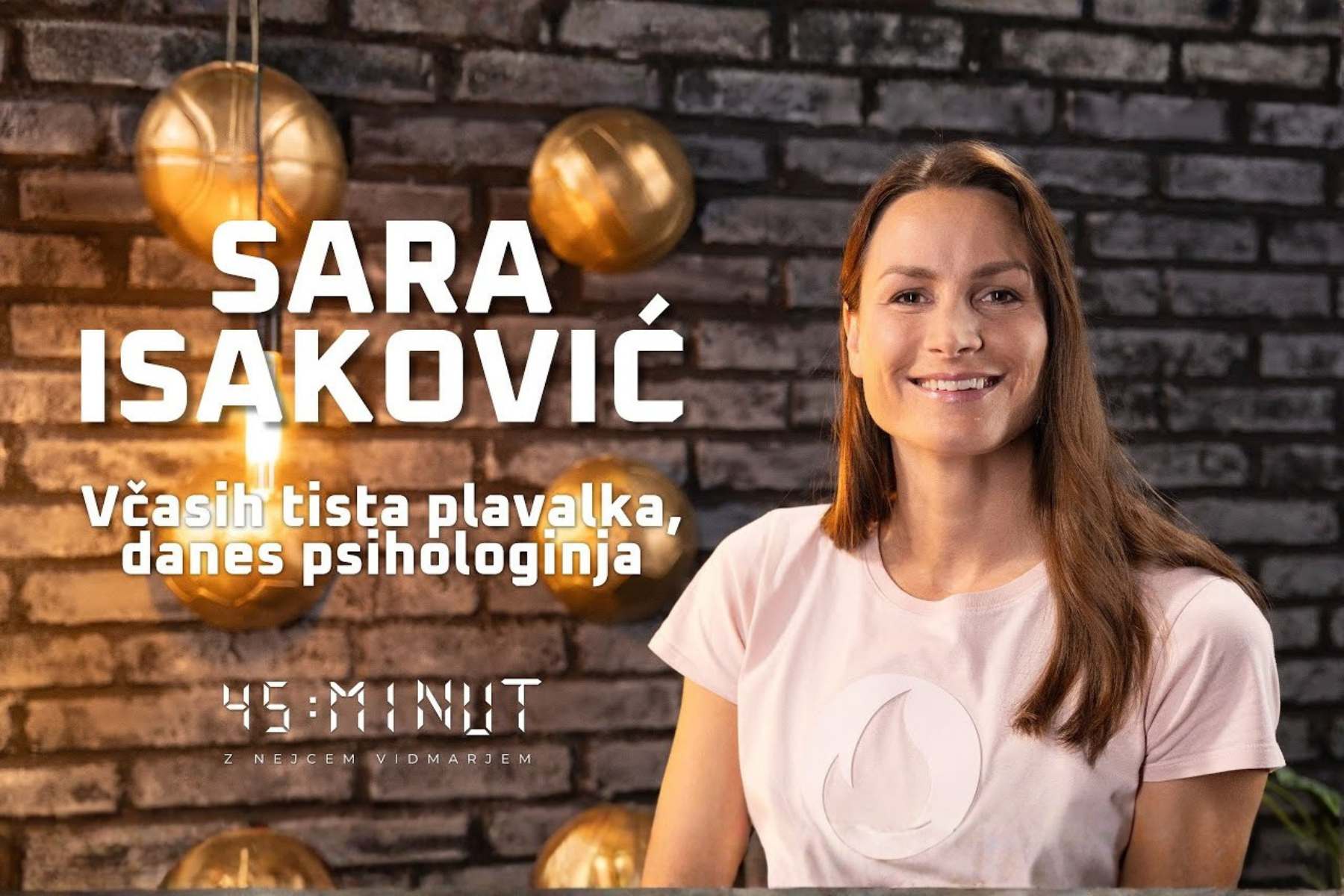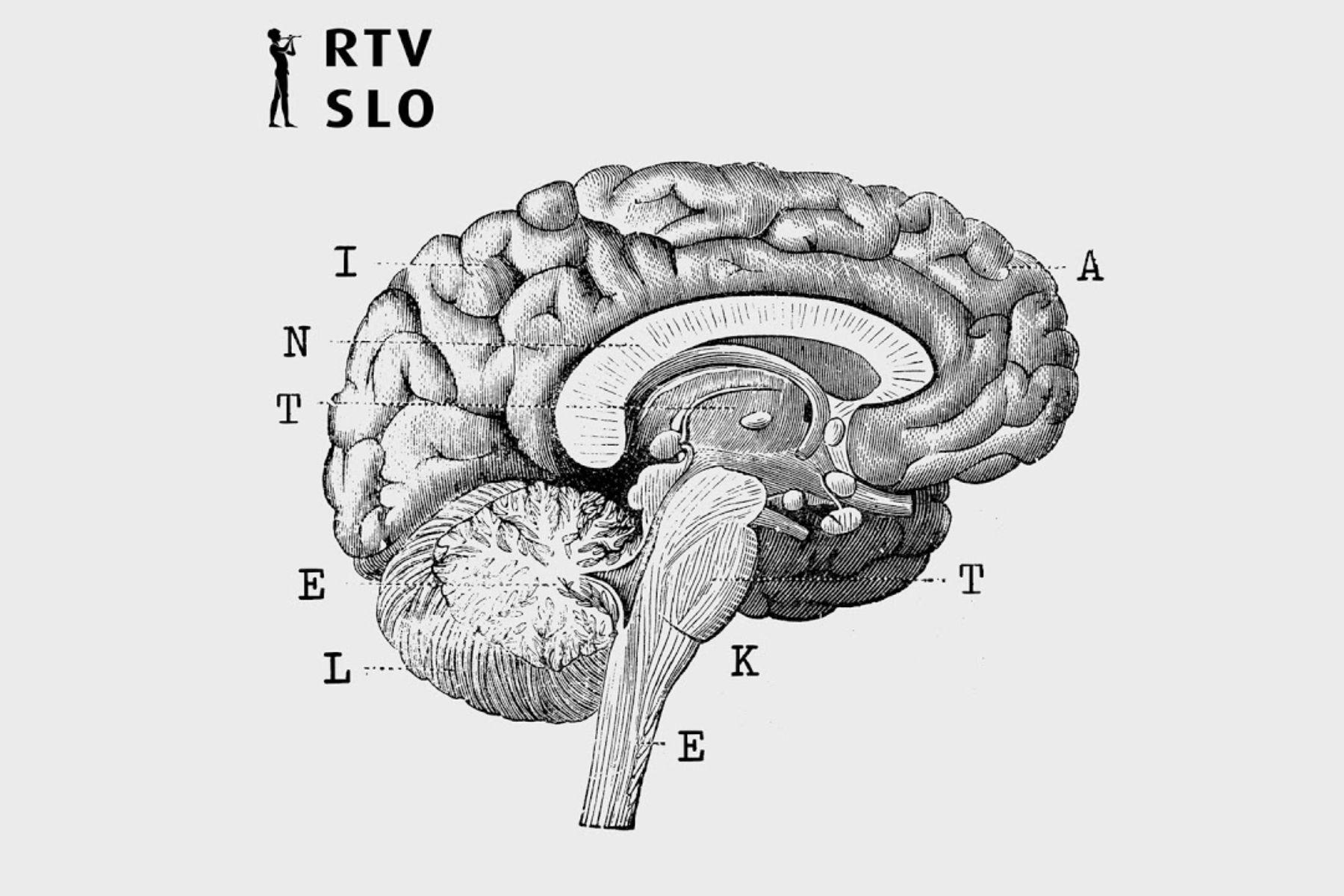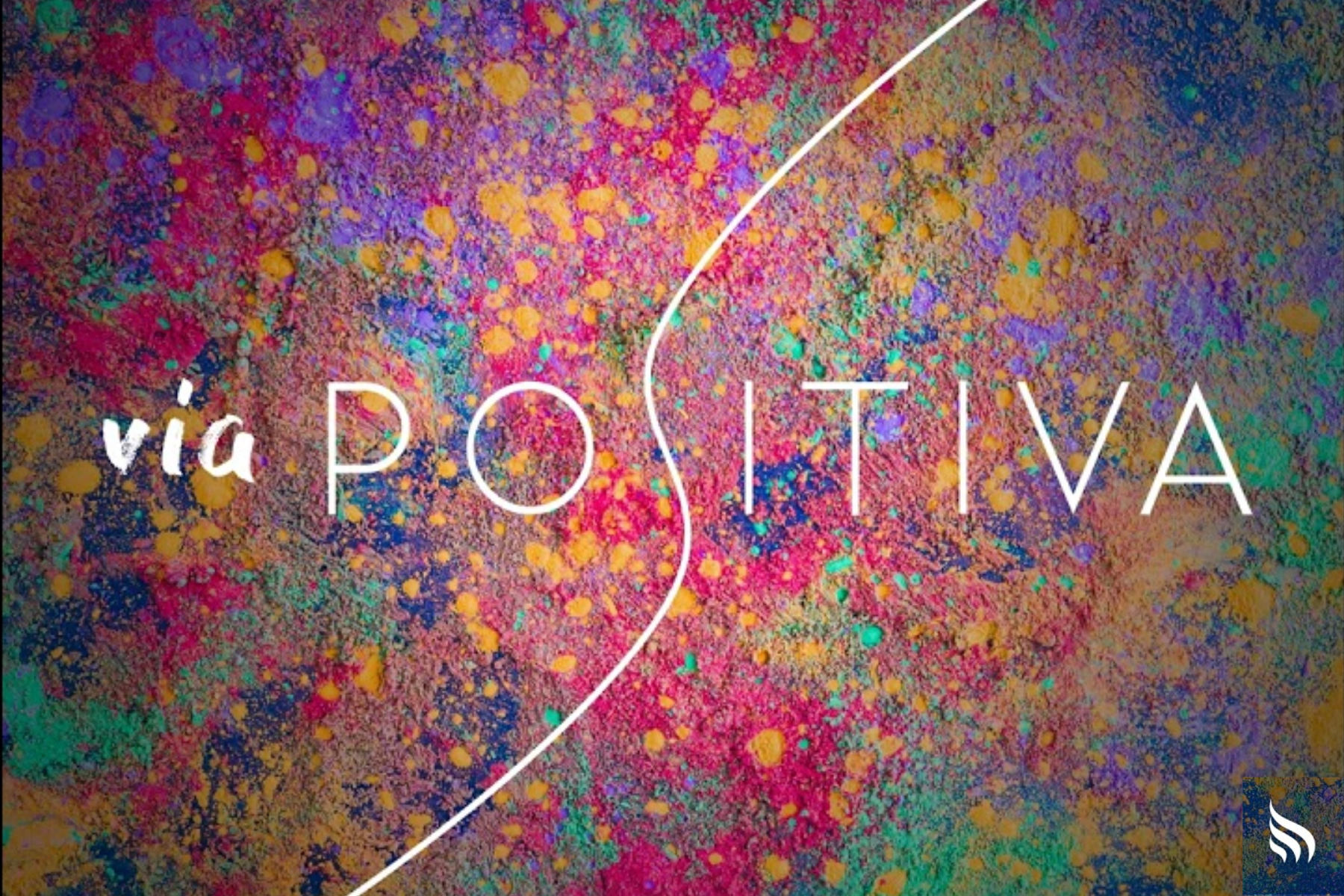At the BCEC conference in December 2019, I had the opportunity to speak about one of my favorite topics: how the brain shapes our behavior, resilience, and ethical decision-making. Drawing from my academic background in psychology and neuroscience, and my professional experience working with elite performers—including Navy SEALs and Olympic athletes—I introduced the audience to the key neural mechanisms behind human behavior under stress.
I walked the audience through three essential parts of the brain: the amygdala (our emotional engine), the prefrontal cortex (the “boss” that helps us plan, control impulses, and act according to our values), and the insular cortex (the “mindful observer” that builds awareness and resilience through conscious attention). Using simple analogies and real-world examples, I explained how stress and negative emotions can hijack our brain, leading to poor choices—even in otherwise good people.
Most importantly, I emphasized that awareness can be trained. By strengthening the insular cortex through mindfulness practices, we can create space between stimulus and response, make better decisions, and live more aligned with our values. This kind of training is essential not only for high performers but for anyone navigating pressure, uncertainty, or moral dilemmas in daily life.
The lecture highlighted the power of interoceptive awareness (our ability to tune into our internal world), and why it’s foundational for building both personal and professional resilience. Whether you're an athlete, parent, teacher, or leader, awareness is the key to unlocking ethical action and emotional control—especially when it matters most.





Share:
TEDx Talks: Do Pilots Need Mental Training?
Christian Bosse: Olympic athletes interviewed Episode 76